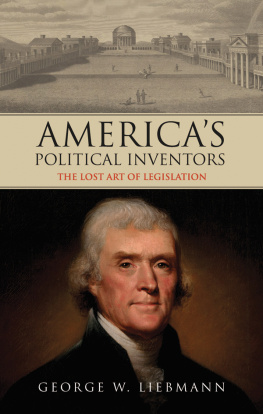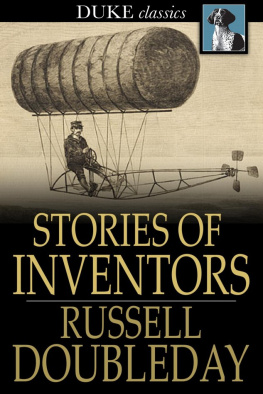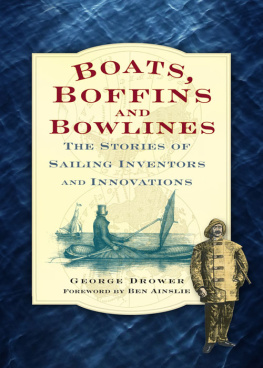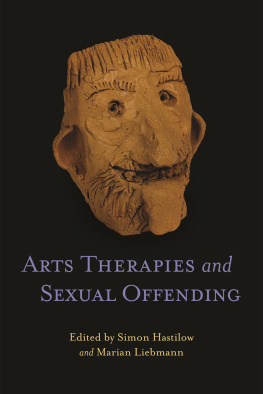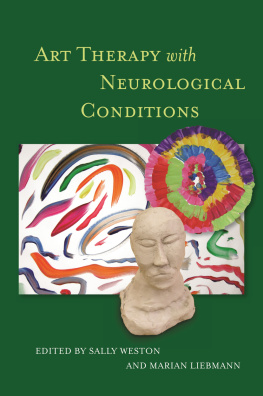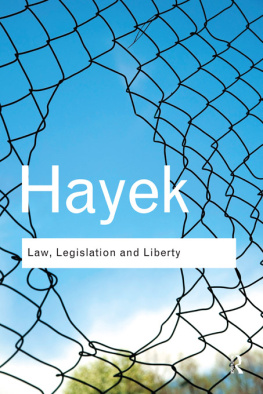George W. Liebmann is a lawyer and historian specializing in American and international history. His publications include Diplomacy Between the Wars: Five Diplomats and the Shaping of the Modern World and The Last American Diplomat: John D. Negroponte and the Changing Face of US Diplomacy and The Fall of the House of Speyer (all I.B.Tauris)
Liebmanns expertise in American government and its history is evident throughout. He makes the historical development of institutions come alive by putting faces and personalities on those who promoted them. Readers can discover how newspaper magnate Joseph Pulitzer was instrumental in the home rule movement and why so many state universities have a Morrill Hall on their campuses. Liebmanns look back at these entrepreneurs of the public sector enriches our understanding of our system and, one hopes, will inspire others to try more innovative solutions to ongoing problems.
William A. Fischel,
Professor of Economics and Hardy Professor of
Legal Studies, Dartmouth College
How refreshing to read a book about political science from the bottom up, about political ideas that actually work, and about the innovators who came up with successful practical schemes that have empowered American citizens and communities over the years. Anyone who feels resigned to over-regulation and hyper-centralization will find a bracing antidote in George Liebmanns own proposals for workable improvements to our systems of taxation, education, and urban renewal.
Mary Ann Glendon,
Learned Hand Professor of Law,
Harvard University and author of The Forum and the Tower:
How Scholars and Politicians have Imagined the World from Plato to Eleanor Roosevelt
Also by George W. Liebmann
The Fall of the House of Speyer: The Story of a Banking Dynasty (2015)
The Last American Diplomat: John D. Negroponte and the Changing Face of US Diplomacy (2012)
Diplomacy Between the Wars: Five Diplomats and the Shaping of the Modern World (2007)
The Common Law Tradition: A Collective Portrait of Five Legal Scholars (2004)
Six Lost Leaders: Prophets of Civil Society (2002)
Solving Problems Without Large Government: Devolution, Fairness and Equality (2000), reprinted as Neighborhood Futures (2002)
The Gallows in the Grove: Civil Society in American Law (1997)
The Little Platoons: Sub-Local Governments in Modern History (1995)
AMERICAS POLITICAL
INVENTORS
The Lost Art of Legislation
GEORGE W. LIEBMANN
Published in 2018 by
I.B.Tauris & Co. Ltd
London New York
www.ibtauris.com
Copyright 2018 George W. Liebmann
The right of George W. Liebmann to be identified as the author of this work has been asserted by the author in accordance with the Copyright, Designs and Patents Act 1988.
All rights reserved. Except for brief quotations in a review, this book, or any part thereof, may not be reproduced, stored in or introduced into a retrieval system, or transmitted, in any form or by any means, electronic, mechanical, photocopying, recording or otherwise, without the prior written permission of the publisher.
Every attempt has been made to gain permission for the use of the images in this book. Any omissions will be rectified in future editions.
References to websites were correct at the time of writing.
International Library of Historical Studies 112
ISBN: 978 1 78831 124 3
eISBN: 978 1 78672 301 7
ePDF: 978 1 78673 301 6
A full CIP record for this book is available from the British Library
A full CIP record is available from the Library of Congress
Library of Congress Catalog Card Number: available
LIST OF ILLUSTRATIONS
John Locke, 16321704 (Library of Congress)
Title page of John Locke, Two Treatises of Government (London, 1690) (Library of Congress)
Gov. John Winthrop. In honor of the birthday of Governor John Winthrop, born June 12, 1587 / K. H. Burn del. (Library of Congress)
)
Thomas Jefferson (Library of Congress)
Thomas Jefferson, founder of the University of Virginia, Charlottesville, Virginia
)
Portrait of Albert Gallatin by Gilbert Stuart, c. 1803 (Public domain)
North facade of 1823 stone house, with 1895 dining room at right. Friendship Hill, 223 New Geneva Road, Point Marion, Fayette County, PA (Library of Congress)
Roads, canals, and rails in the 1800s (map by National Geographic Society)
William Leggett, assistant editor of The Evening Post, 182936 (The Miriam and Ira D. Wallach Division of Art, Prints and Photographs: Print Collection, The New York Public Library (190010))
A painting of William Leggett by Erastus Salisbury Field (18051900) from 1835 (Public domain)
Hon. Justin Smith Morrill of Vermont (Library of Congress)
Senator Justin Smith Morrill House, Strafford, Orange County, VT (Library of Congress)
Major John Wesley Powell (Library of Congress)
John Wesley Powell Memorial, West Rim Drive, between Grand Canyon Village and Hermit Rest, Grand Canyon, Coconino County, Arizona (Library of Congress)
Portrait of United States publisher Joseph Pulitzer, 1918 (Public domain)
The fin de sicle newspaper proprietor (Library of Congress)
Hugh Hammond Bennett (Public domain)
)
Hugh Hammond Bennett Memorial (Public domain)
Byron Hanke, from Design Review: How Community Associations Maintain Peace & Harmony by Byron R. Hanke and Richard S. Ekimoto (Public domain)
Social engineering, a practice decried by the American Right, has a bad name. But at its best, it involves the declaration of Uniform rules laid down in advanceFriedrich Hayeks definition of the Rule of Law. Such rules enable and empower those to whom they are addressed, leaving them free to grasp opportunities and organize their own lives within broadly defined parametersto enjoy leave to live by no mans leave / Underneath the law.
There has been little such lawmaking of late.
Thirty years have passed since any domestic legislation of major import to citizens generally has been enacted by Congress. The Johnson and Nixon Administrations sponsored the Civil Rights Acts of 1964 and 1965, Medicare, air and water pollution control, and the higher education loan program. Since then, Congresss domestic output has been trivialpretentiously trivial, voluminously trivial, but trivial. This is even true of the voluminous and much-touted Obamacare legislation, which essentially refines and enlarges existing law relating to assigned risk insurance exchanges. The same is true of the output of state legislatures since the enactment of the Uniform Commercial Code in the 1960s. There have been tax bills that sometimes have included major alterations in rates, but no innovations in principle. There has been a steady and thoughtless accretion to federal criminal jurisdiction in omnibus bills that are hundreds of pages long and include dozens of new capital offenses. The airline, transportation, banking, public utility, and communications industries have been deregulated, generally pursuant to vague mandates addressed to administrative agencies; this has produced some benefits, but also the savings and loan, sub-prime mortgage, and Enron scandals. Finally, we have the Bush education law, which proceeded, like much federal legislation, by directing vague mandates to state and local governments that benefit from modest amounts of federal aid.





